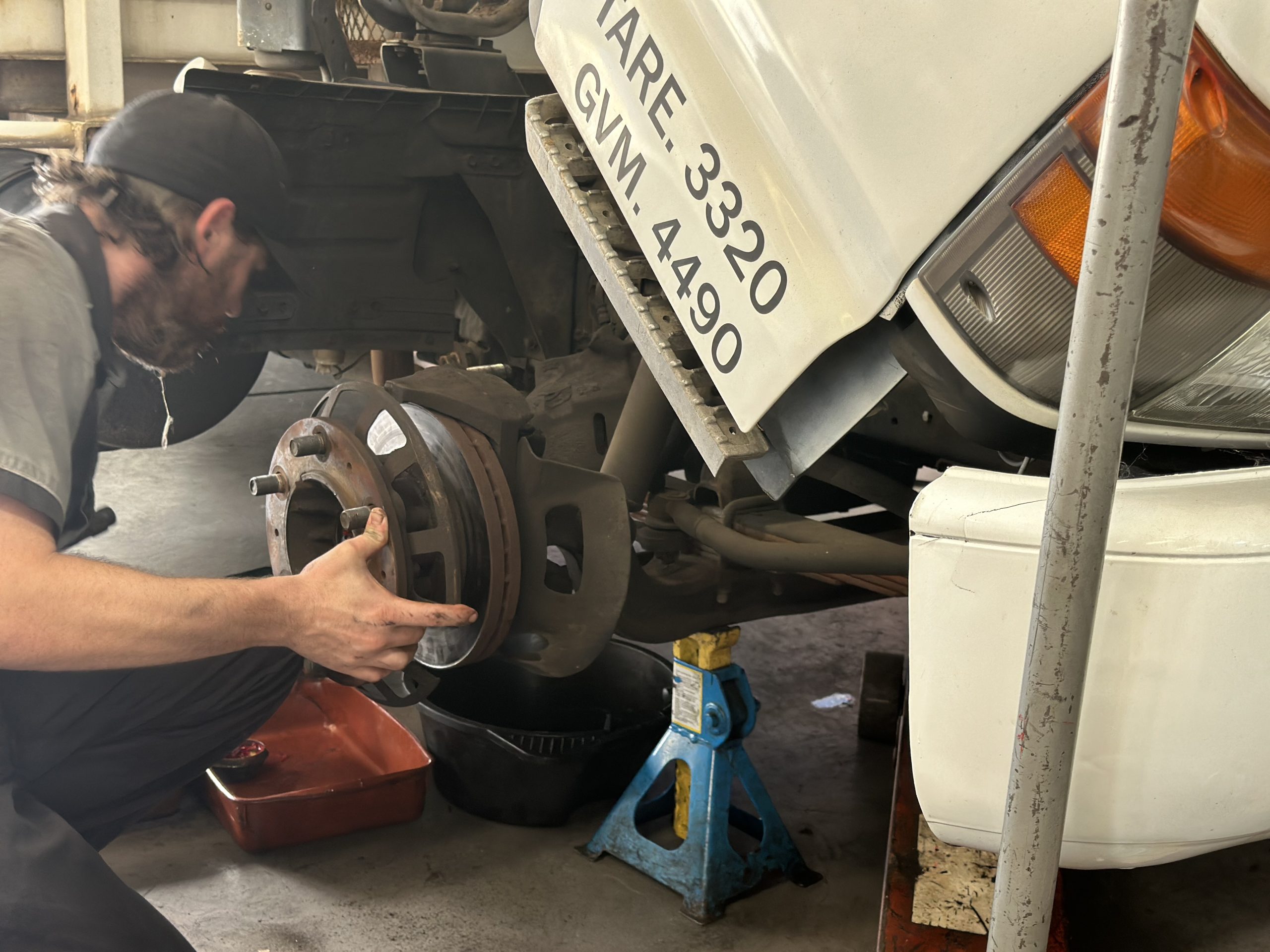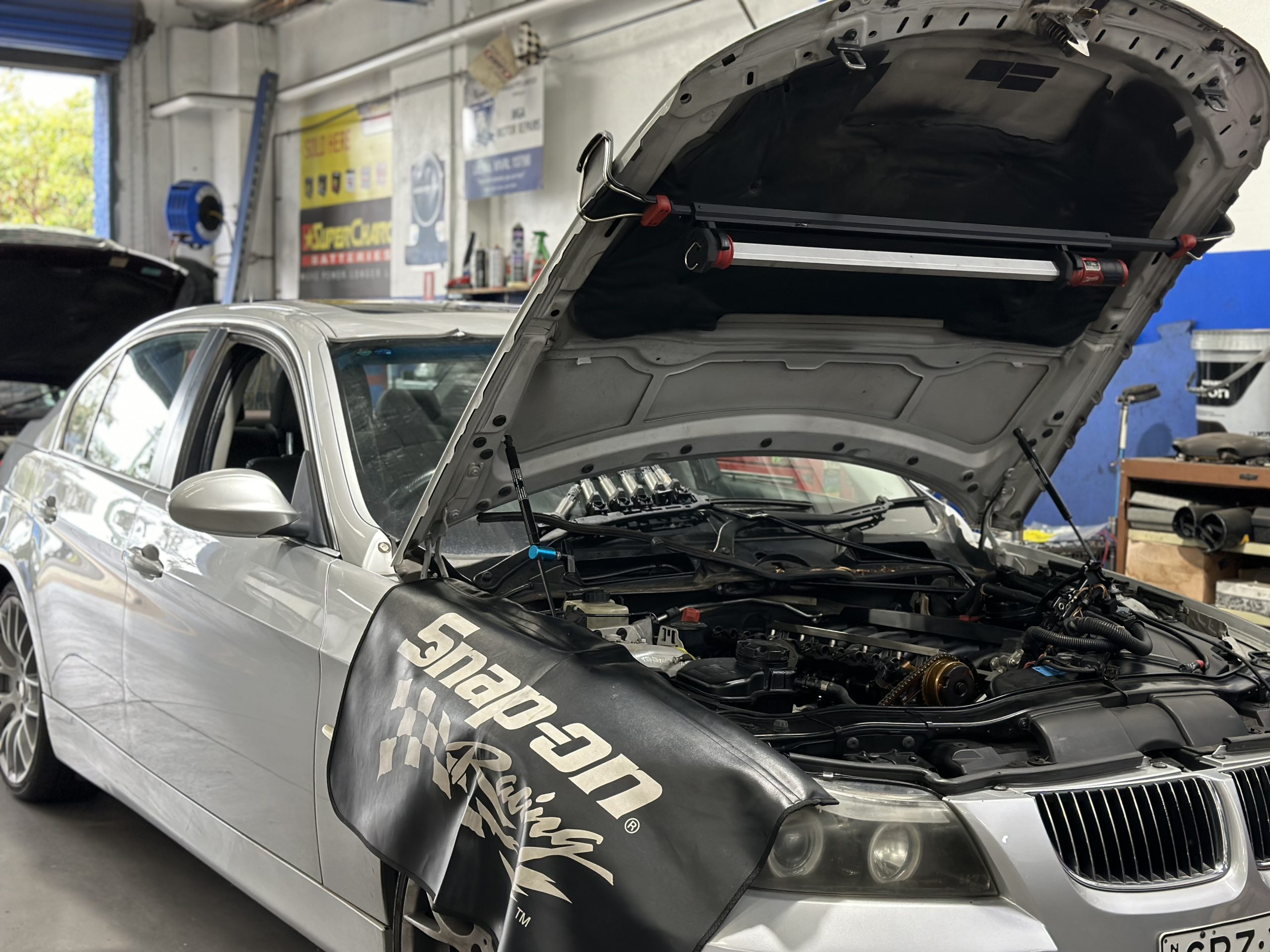
Book your service | Email: mga.repairs@gmail.com | Fax/Call us (02) 9708 4601
Book your service |
Email: mga.repairs@gmail.com |
Fax/Call us (02) 9708 4601
Blogs
Maximising Efficiency in Fleet Vehicle Service

Efficient fleet vehicle service is crucial for businesses that rely on transportation for their operations. Whether you’re managing a small delivery service or a large logistics company, keeping your fleet in top condition ensures smooth operations, cost savings, and customer satisfaction.
In this article, we will explore strategies to maximise efficiency in fleet vehicle service, focusing on fleet management, fleet service, and fleet maintenance.
Understanding Fleet Management
Fleet management involves overseeing and coordinating a company’s vehicle operations. Effective management can lead to significant cost savings and improved service quality. Here’s how you can enhance your fleet management:
Implementing a Fleet Management System
A fleet management system is essential for keeping track of vehicles, maintenance schedules, and driver performance. These systems provide real-time data, helping managers make informed decisions.
Regular Training for Drivers
Well-trained drivers not only ensure safety but also contribute to the overall efficiency of fleet operations. Regular training programs can help drivers improve their skills, understand vehicle operations better, and reduce the likelihood of accidents.
The Importance of Fleet Service
Fleet service is about maintaining vehicles in good working order to prevent breakdowns and extend their lifespan. Let’s delve into the benefits:
Reducing Downtime
Scheduled maintenance helps prevent unexpected breakdowns that can disrupt operations. By regularly servicing your fleet vehicles, you reduce the risk of downtime, ensuring your vehicles are always ready to hit the road.
Cost-Effective Operations
Regular maintenance might seem like an added expense, but it prevents costly repairs in the long run. By addressing minor issues before they escalate, businesses save money on major repairs and extend the lifespan of their vehicles.
Best Practices in Fleet Maintenance
Effective fleet maintenance is about more than just fixing vehicles when they’re broken. Here are some best practices:
Scheduled Maintenance Checks
Create a maintenance schedule for your fleet. Regular checks ensure that vehicles are in good condition and can prevent small issues from becoming major problems.
Utilise Telematics
Telematics technology allows fleet managers to monitor vehicle health in real-time. By using telematics, you can track wear and tear, monitor engine performance, and receive alerts about potential issues.
Record Keeping
Keeping detailed records of all maintenance activities helps in identifying recurring issues and planning future maintenance schedules. It also ensures compliance with industry regulations.
Leveraging Technology for Fleet Efficiency
Technology plays a crucial role in modern fleet management. Here’s how you can leverage it:
GPS Tracking
GPS tracking systems provide real-time location data, helping managers monitor vehicle routes, improve dispatching, and reduce fuel consumption by optimising routes.
Fleet Management Software
Fleet management software offers tools for tracking vehicle maintenance, managing schedules, and analysing performance data. This software can automate many of the tasks involved in fleet management, freeing up time for managers to focus on other priorities.
Predictive Maintenance
Predictive maintenance uses data analysis to predict when a vehicle will require maintenance. This approach allows for timely servicing, reducing the risk of unexpected breakdowns.
Sustainable Practices in Fleet Service
Adopting sustainable practices not only benefits the environment but can also lead to cost savings and improved efficiency. Here’s how:
Eco-Friendly Vehicles
Investing in eco-friendly vehicles, such as electric or hybrid models, reduces fuel consumption and emissions. It’s a long-term investment that pays off in terms of fuel savings and environmental responsibility.
Fuel Management
Implementing fuel management strategies can significantly reduce fuel costs. This includes optimising routes, maintaining proper tire pressure, and reducing idling time.
Conclusion
Maximising efficiency in fleet vehicle service is about combining effective management, regular maintenance, and leveraging technology. By implementing these strategies, businesses can ensure their fleet operates smoothly, reducing costs and improving service reliability.
Efficient fleet management leads to satisfied customers, a healthier bottom line, and a more sustainable operation. By prioritising service and maintenance, you set your business up for long-term success in the competitive world of transportation and logistics.
Share this article
Recent Blogs
- All Posts



